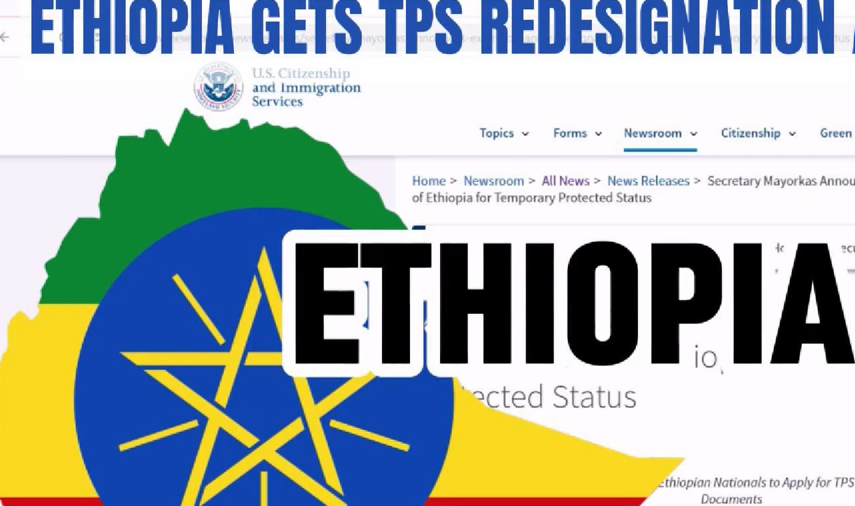It’s not that young Black and Brown men are more likely to smoke a joint in public; it’s that they’re much more likely than most other New Yorkers to be stopped and searched – and then arrested when the police find in their pockets what they’d also find in the pockets of hundreds of thousands of other New Yorkers, if they looked.
[National: Op-Ed]
The struggle to end America’s disastrous approach to dealing with the drug crisis –the current strategy is a so-called “war on drugs” — is a struggle for common sense, for human rights, and of course for racial justice.
How could it not be, given the extraordinary and disproportionate extent to which people of color – and especially Black people – are arrested, prosecuted and incarcerated for drug offenses? Of all our drug law reform efforts, however, marijuana law reform should be at or near the top of our racial justice priorities. Why? Of the 1.8 million drug arrests made last year, 750,000 were for nothing more than possession of a small amount of marijuana.
That represents more than 40% of all drug arrests. The best available national evidence indicates that Blacks and Whites use marijuana at similar rates – but that Black people are three times more likely to be arrested for possessing marijuana.
Clearly marijuana prohibition is unique among American criminal laws. No other law is both enforced so widely and harshly yet deemed unnecessary by such a substantial portion of the populace.
Recent polls show that over 40% of Americans think that marijuana should be taxed and regulated like alcohol; it’s roughly 50% among Democrats, independents, adults under age 30, and voters in a growing number of western states.
stopthedrugwar.org/chronicle/629/marijuana_legalization_poll_AP_CNBC_CBS_News
What’s difficult to understand is how and why the number of people arrested annually for marijuana possession has doubled during the past 20 years – even as support for ending marijuana prohibition has also doubled during the same period of time.
In New York City, where I live, arrests for marijuana possession increased from a few thousand a year in the early 1990s to almost 50,000 today; 87 percent of these people were Black and Latino. The NYPD arrests Latinos for marijuana possession at four times the rate of Whites, and Blacks at seven times the rate of Whites. It’s not that young Black and Brown men are more likely to smoke a joint in public; it’s that they’re much more likely than most other New Yorkers to be stopped and searched – and then arrested when the police find in their pockets what they’d also find in the pockets of hundreds of thousands of
other New Yorkers, if they looked.
The Drug Policy Alliance and our allies are working hard to turn the NYPD’s marijuana arrest policy into a political issue. Where’s the evidence that this arrest policy does anything whatsoever to make the city safer? Indeed, where’s the evidence that most New Yorkers even approve of such a policy? So far as I can tell, most New Yorkers would much prefer that police focus their attention on genuine threats to public safety.
New York City’s marijuana arrest rate qualifies it as “the marijuana arrest capital of the world” but this is very much a national problem.
In California, 61,400 people were arrested for marijuana possession in 2008, a 300 percent increase since 1990. In California, Black people made up less than 7 percent of the state population but 22 percent of people arrested for all marijuana offenses and 33 percent of all marijuana felony arrests in 2008.
http://www.drugscience.org/States/CA/CA.pdf
Californians will have a chance to vote this November on a ballot initiative that would legalize possession and cultivation of modest amounts of marijuana and allow localities to choose to tax and regulate production and distribution of larger amounts.
Ending marijuana prohibition is a racial justice issue and an essential step in ending the war on drugs. Today, there is an emerging wave of marijuana law reform across the country. While political and community leaders from every racial and ethnic group are generally nervous about stepping out on this issue, more and more are beginning to do so. What’s needed now is bold leadership and action.
Ethan Nadelmann is the executive director of the Drug Policy Alliance www.drugpolicy.org
Please post your comments directly or submit them to [email protected]
“Speaking Truth To Empower.”











